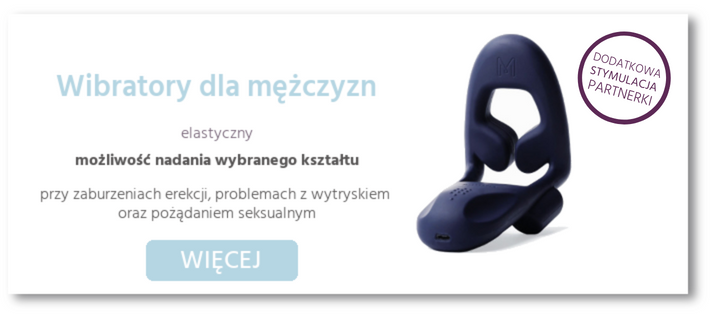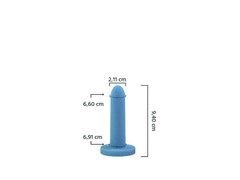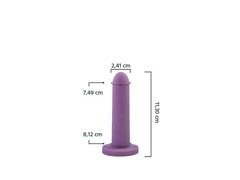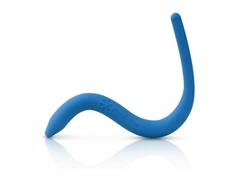Why is pelvic floor muscle training important?

The pelvic floor muscles play an extremely important role, so their training should not be underestimated. Whether you are rehabilitating your muscles in the postpartum period, during menopause, or to enhance your sexual pleasure, these exercises are extremely important.
Why re-educate your pelvic floor muscles?
The perineum is a set of muscles located in the pelvis from front to back. The latter can be compared to a hammock that surrounds and supports our organs. As a result, it can be strained during certain events, such as childbirth or exercise, which can weaken the pelvic floor. Weak pelvic floor muscles do not work properly, causing many ailments such as urinary incontinence, prolapse of organs, as well as pain or lack of pleasure during intercourse. That is why it is important to take care of Kegel muscles every day, even when we do not suffer from any serious ailments.
Pelvic floor muscle rehabilitation is a solution for people with the above problems, as well as for those who want to prevent their occurrence in the future. Pelvic floor muscle training can take many forms, from manual therapy to electrostimulation. It can be conducted by a midwife, physiotherapist, and also at home.
Urinary incontinence

Urinary incontinence is a very common disorder in women. It is defined as the occurrence of involuntary leakage of urine through the urethra. Sphincter contraction regulates the opening and closing of various channels (urethra, vagina and anus). In the case of a bladder, the pelvic floor regulates the closure of the urethra to prevent urine leakage. This force must be greater than any force that presses against the bladder. Leakage occurs when the pelvic floor is not strong enough. In this case, the sphincter cannot close properly.
Urine leakage can occur for a number of reasons, such as after childbirth or the menopause. To prevent this problem, pelvic floor training is essential throughout your life. Leakage of urine is easily avoided by doing perineal exercises before birth. The patient is then aware of her perineum and knows how to control it.
INTIMATE LIFE

The pelvic floor plays an important role during intercourse. During the pre-orgasm phase, adequate muscle tone is required to increase sensations during the act, but only relaxation causes orgasm. Therefore, the ability to control the muscles of the pelvic floor is a guarantee of intense sensations. Weak pelvic floor muscles reduce the sensations during intercourse. On the other hand, too tense muscles can cause pain during intercourse.
IMPROVING MUSCLE CONDITION AFTER PREGNANCY AND BIRTH

The pressure of the uterus and bladder on the pelvic floor, incorrect preparation of the fundus muscles for childbirth, and an incision of the perineum can greatly weaken them and make it difficult to return to normal. Therefore, it is important to learn how to relax your pelvic floor during pregnancy. This will make it easier for the baby to pass through the birth canal and prevent the bladder from weakening, which can cause incontinence problems later.
LOSS OF ORGANS

Rectal or reproductive organ prolapse in women is a disorder that can be prevented by sensing the first symptoms, such as a feeling of heaviness in the lower abdomen. After consulting a doctor, therapy of the perineal muscles can be started, if we react in time.
Do not delay the decision to start treatment. The sooner you react, the sooner you will start enjoying life again.




















